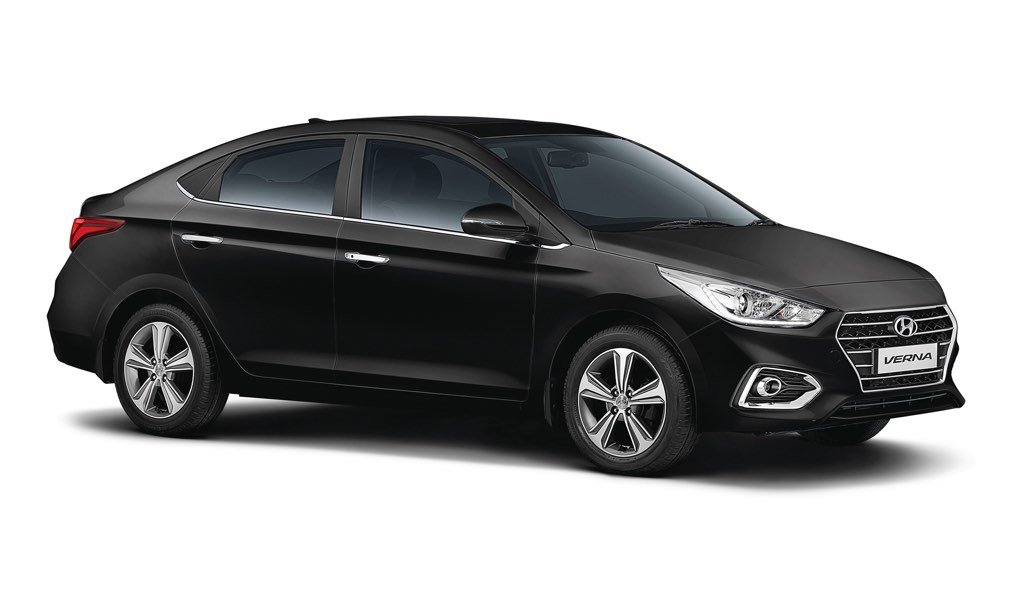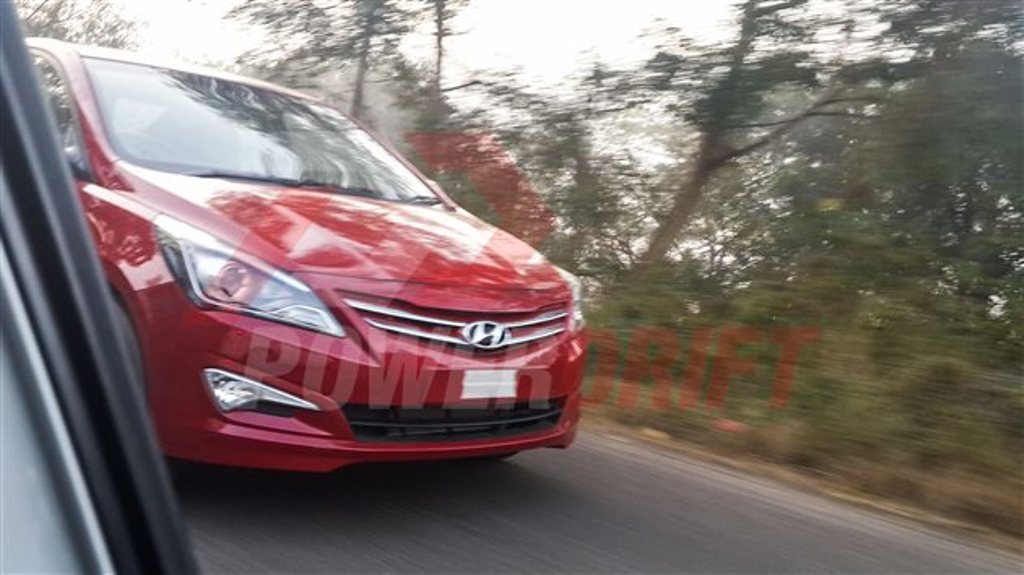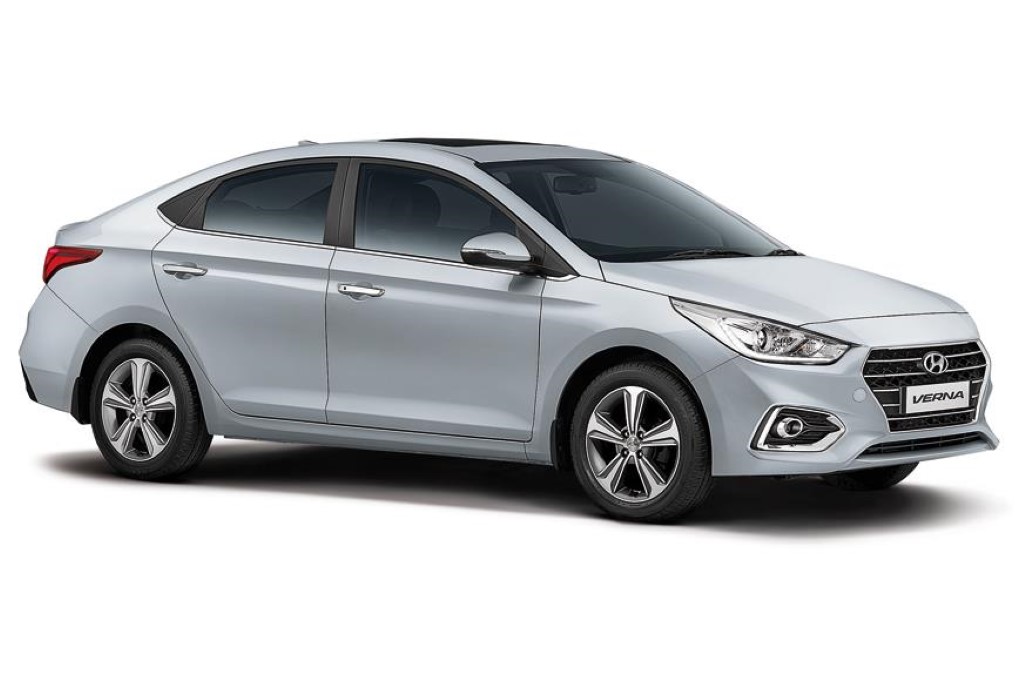
Hyundai has carried forward the same 1.6-litre engines. Both the petrol and diesel engines are a gem when it comes to performance and it’s no surprise really why Hyundai is using the same ones. Hyundai is not offering the 1.4-litre engines which were available in the previous generation car. The petrol motor produces 123 PS while the oil-burner’s peak output is 128 PS. Hyundai is offering 6-speed automatic as well as manual transmissions. The 6-speed autobox is also available on the diesel. The single clutch transmission offers smooth shifts but isn’t the quickest when you want to drive in a hurry.
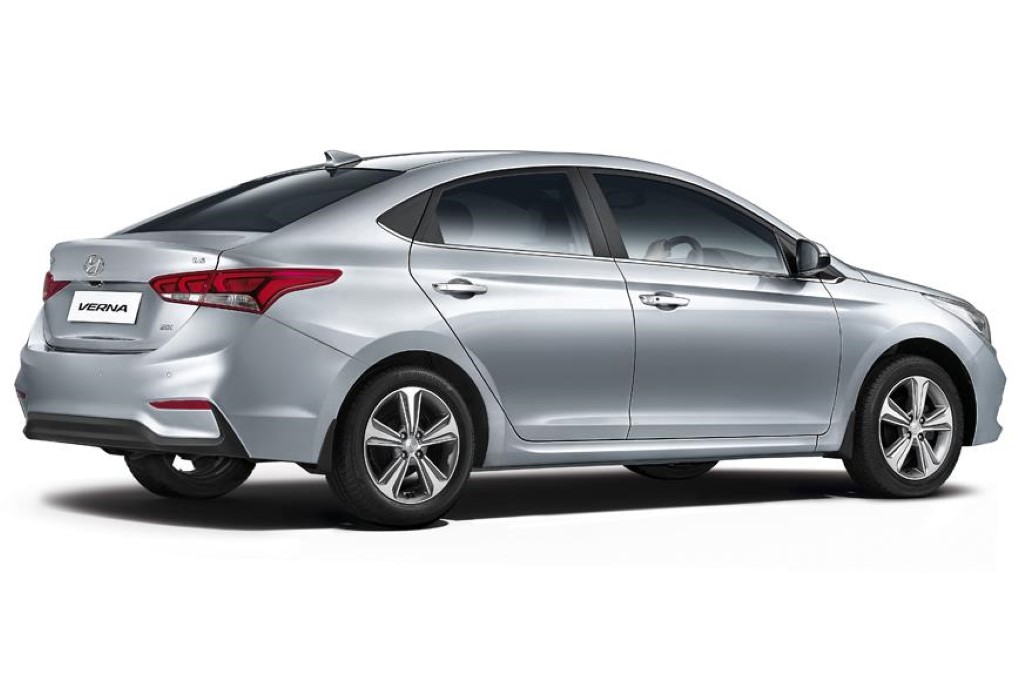
Another big step forward comes in the dynamics department. The previous generation Verna wasn’t really meant for corner craving as the steering was light and the suspension was soft with little feedback. However, with the use of the high strength steel and a rigid body frame, the fifth generation Verna has vastly improved when it comes to handling. It is more eager to change direction and does so with confidence. The steering offers reasonable feedback but still doesn’t feel as connected at high speeds. We will however reserve our judgement until we do a full blown review. Ride quality too has improved but it was difficult to judge over a short drive on well surfaced-tarmac.
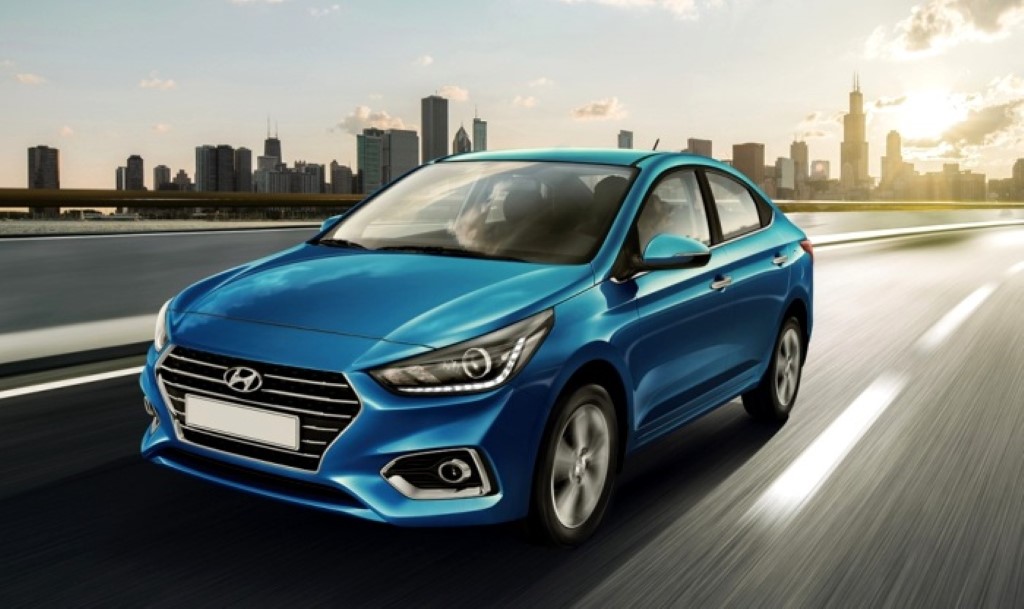
The fifth generation Verna will be launched soon and Hyundai is confident that it will a key player in the popular mid-size sedan segment. We reckon the new Verna will be a popular car owing to its sleek looks, well appointed interiors and a long list of features including few segment-first ones. Both petrol and diesel engines perform well and Hyundai has addressed the market requirement with a 6-speed automatic which appears for the first time with the Verna. The mid-size sedan segment is surely poised for an interesting battle with the launch of the Verna.
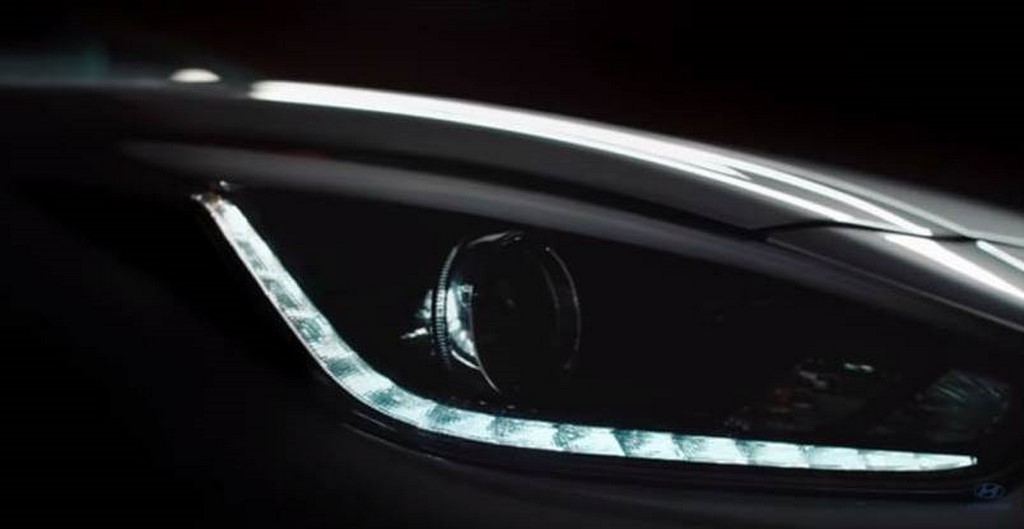
What’s Cool
* Equipment list is very long
* Strong drivetrains on offer
* Driving dynamics have improved
What’s Not So Cool
* Rear seat not as good as rivals
Alternatives: Honda City, Maruti Ciaz, Volkswagen Vento, Skoda Rapid
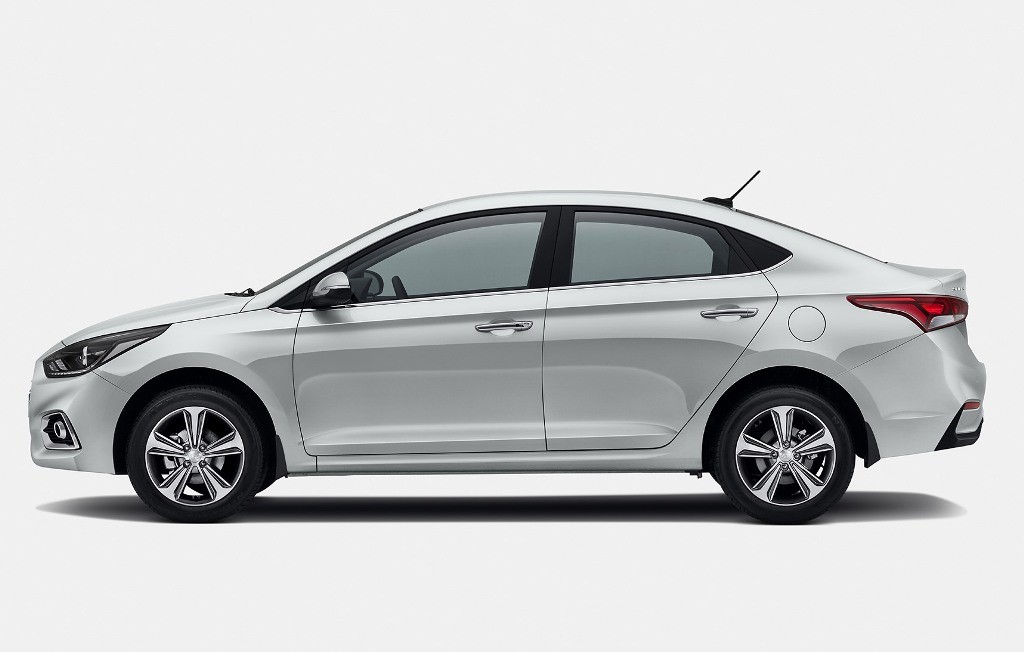
Further Reading –
2018 Hyundai Verna First Drive Video Review


